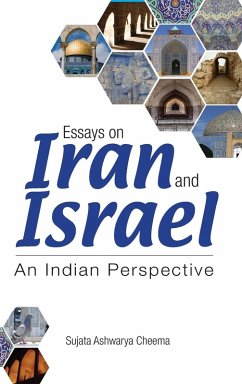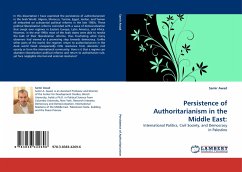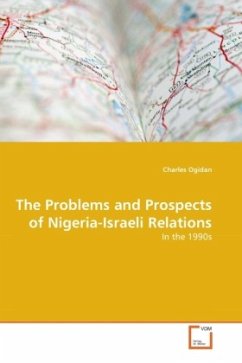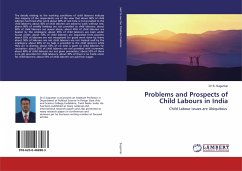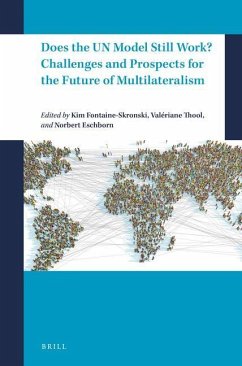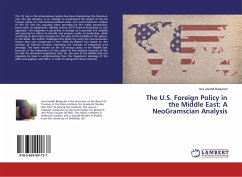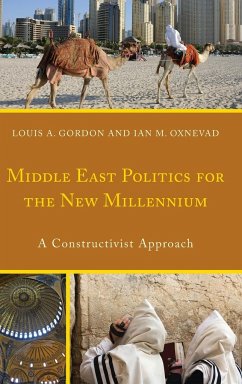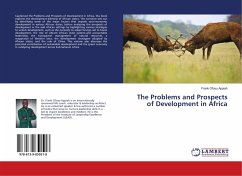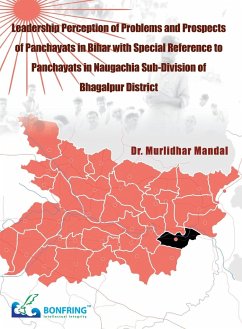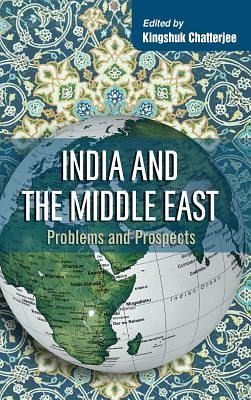
India and the Middle East: Problems and Prospects
Versandkostenfrei!
Versandfertig in über 4 Wochen
55,99 €
inkl. MwSt.

PAYBACK Punkte
28 °P sammeln!
The Foreign Policy of India, at least up to the end of the Cold War, has often been charged with an inward-looking South Asian orientation, a deadening preoccupation with the immediate neighbourhood, and a sort of tunnel vision. Such allegations have considerable substance when pertaining to the region of the Middle East, with the peoples of which Indian people have enjoyed a relationship that predates the present framework of nations-states literally by millennia. At a time when the Indian economy seems to be going through a stellar rise, it is useful for India to develop a policy of engageme...
The Foreign Policy of India, at least up to the end of the Cold War, has often been charged with an inward-looking South Asian orientation, a deadening preoccupation with the immediate neighbourhood, and a sort of tunnel vision. Such allegations have considerable substance when pertaining to the region of the Middle East, with the peoples of which Indian people have enjoyed a relationship that predates the present framework of nations-states literally by millennia. At a time when the Indian economy seems to be going through a stellar rise, it is useful for India to develop a policy of engagement with the Middle East. Unlike most other countries India actually has human ties with the region that very few other peoples have-ties that were forged by generations of people travelling between India and the Middle East, settling down in each other's lands before the borders became hard. Some observers have argued that the government of India needs develop a more dynamic policy towards the region because of the large number of Indians working in the petroleum economies-from the Gulf states right down to Libya. The present volume comes out of a conference organised by the Institute of Foreign Policy Studies in association with the Centre for Pakistan and West Asia Studies, Calcutta University in the month of February 2011, as the Arab Spring was beginning to stir the region. It also marked the completion of two decades of India's economic liberalisation as well as foreign policy reorientation. The volume primarily means to address (as did the conference) the terms of India's re-orientation of policy towards the region, as also the various dynamics that condition such engagement.






